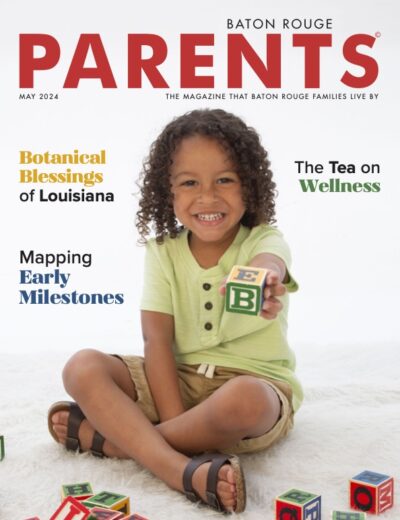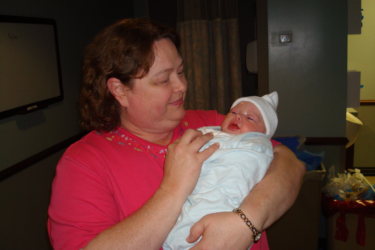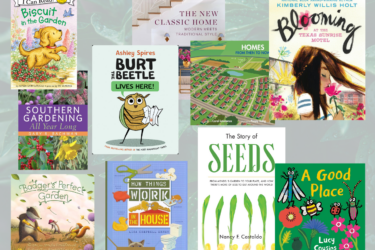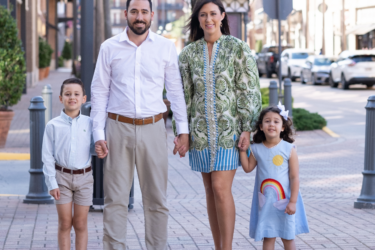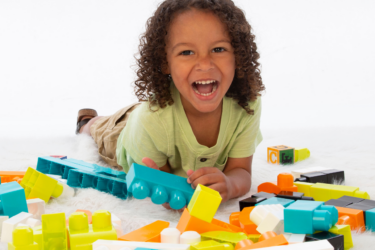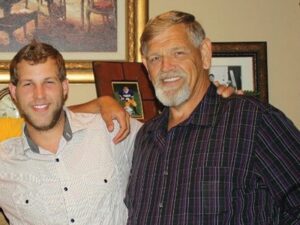
Life After Suicide Loss
First Things First…
Grieving is a process. You never “get over it.” You learn to face each day as a new day in your journey of surviving a suicide loss. People grieve in many different ways, but we all grieve in our own way and on our own schedule. No one ever has the right to tell you how to grieve or for how long. They are not you, therefore they cannot possibly know how you feel. In this crazy process, what works for one person may not be what works for another.
What Did I Miss?
I am a three-year survivor of a suicide loss. On April 7, 2015, my 24-year-old son Jessie Lee Randall took his own life. My life was forever changed that evening. Almost immediately, I started finding ways to blame myself. I asked, “Why didn’t I see the signs?” “What did I miss?” I also wondered, “How could he do this and leave me hurting this way?”
I felt all alone. Then I thought, “What am I going to tell our friends and neighbors when they ask how he died?” I wasn’t sure if I wanted to tell them he died by suicide. People may call him weak, a coward, or say he must have been crazy. Then I thought that if I don’t tell people the truth, then what am I really saying to them? I was proud of my son when he was alive, I’m not going to start being ashamed of him now.
The Emotions
I spent most of the night staring at his pictures on the wall with my heart breaking and tears rolling down my face, knowing I would never get to hug him again or hear his laughter again. Worst of all, I would never get to tell him I loved him or hear him say, “I love you, Pop” in return. If we would see each other somewhere, it didn’t matter where we were, we always hugged and said I love you. I know for sure he loved me, and he knew I loved him. That’s what made me angry and what was so confusing, all he had to do was call me and I would be there. I never got that chance to fix whatever was causing him to feel depressed. I’m Daddy, that’s my job. He was experiencing so much mental pain that he was not thinking clearly, or he wouldn’t have taken his own life. I take medication for depression, so I know what it’s like. His depression had gotten to the point that he thought suicide was the only way he could find peace.
I was sitting on my porch grieving and going through all the emotions of grief like anger, confusion, and shock, when it hit me. I had to stop being angry at him, so he could find the peace he was searching for, and I would find my peace in time. I still had all the other emotions, but I let the anger go.
Find Support in Your Community
My wife and I attended the Survivors of Suicide Loss support group facilitated by the Baton Rouge Crisis Intervention Center. The meetings were free to attend, and everyone there knew exactly what we were going through. It was an open meeting that gave us a chance to talk to peers who understood how we were feeling. We found it to be emotional at times yet very helpful. Over the next few weeks, I had bad days, worse days, and good days. Over the next couple of months, it seemed I would have more good days than bad days.
In August, I heard about an annual walk event for suicide prevention and awareness that was taking place in October. The walk was for a non-profit group, The American Foundation for Suicide Prevention (AFSP). I did research on the organization, and then I became a volunteer for the walk. Over 700 people participated in this event, and they all had been touched by a suicide. I had no idea that so many people in the area had suffered a suicide loss. I have gotten more involved in the organization and their mission to save lives and bring hope to those affected by suicide.
After three years, I still miss him like crazy. Holidays, birthdays, and the anniversary date are still hard. But I am a Survivor.
My son had a tattoo that said, “For You I Will.” When I asked what it meant, he said, “If you need something, I’ll do it.” He lived his life helping people. Now, I wear that same tattoo. I am his voice now and the voice of others who have died by suicide and those that struggle with mental health. ■
AFSP has a great Survivors Outreach Program that assists survivors across the nation. It is a peer-to-peer program of suicide loss survivors that will (at your request) visit with you via in-home visit, skype, or phone call. If you need help coping with your loss or find yourself getting depressed, please don’t hesitate to seek professional assistance. There is no shame in admitting you need help. If you had heart problems, you wouldn’t do open-heart surgery on yourself, the same logic works with grief. Isn’t your mental health just as important as your physical health?
- If you are having thoughts of suicide, call the National Suicide Lifeline at 800-273-TALK (8255) or Text “Talk” to the National Suicide Textline at 741741.
- For more information on The American Foundation for Suicide Prevention, their walks, and their Survivors Outreach Program, visit afsp.org.
- Baton Rouge Crisis Intervention Center: Survivors of Suicide Loss Support Group cicla.org

